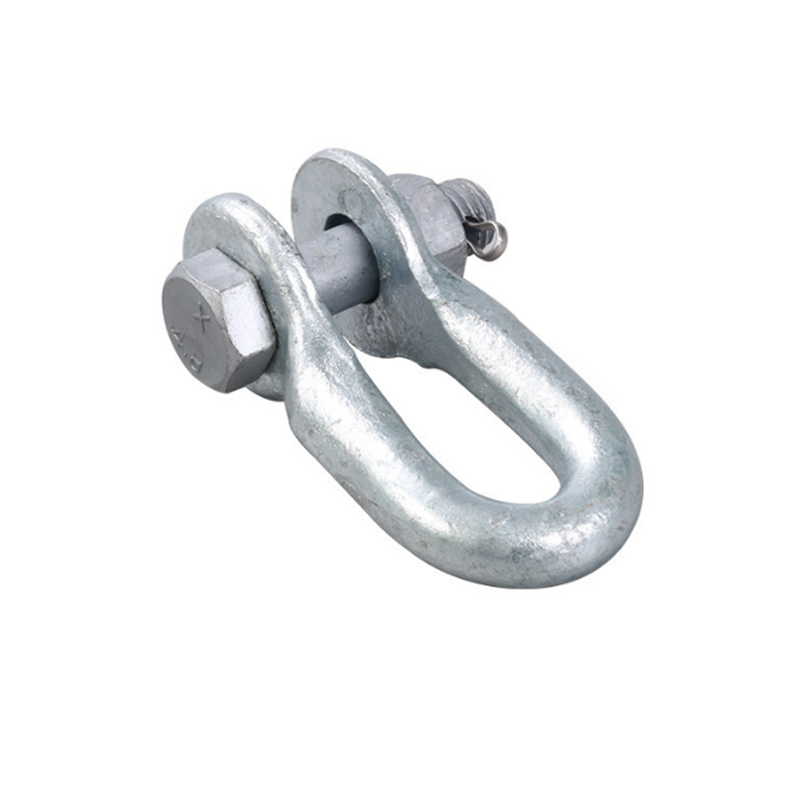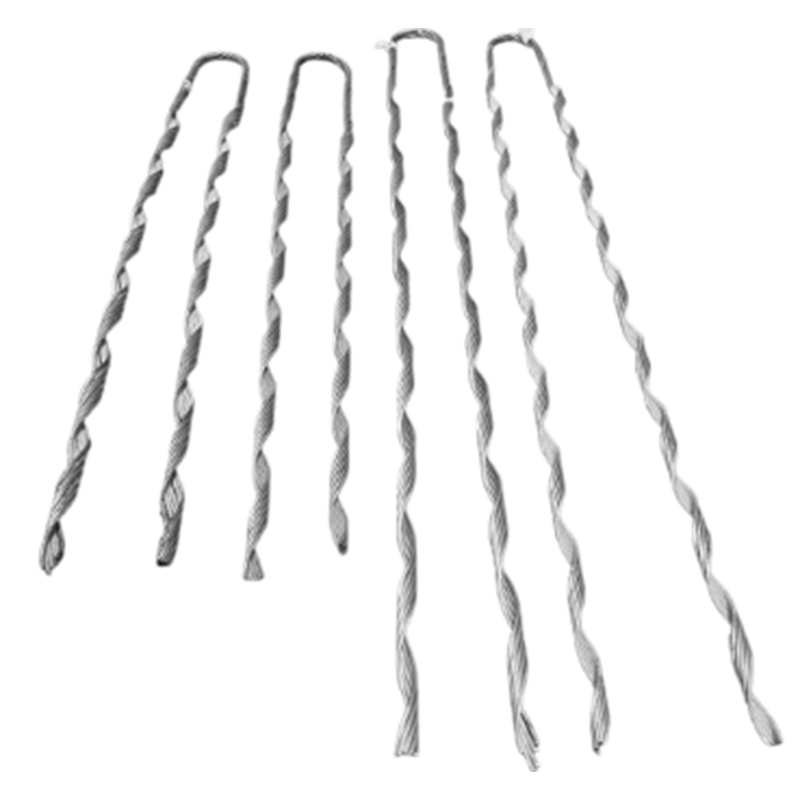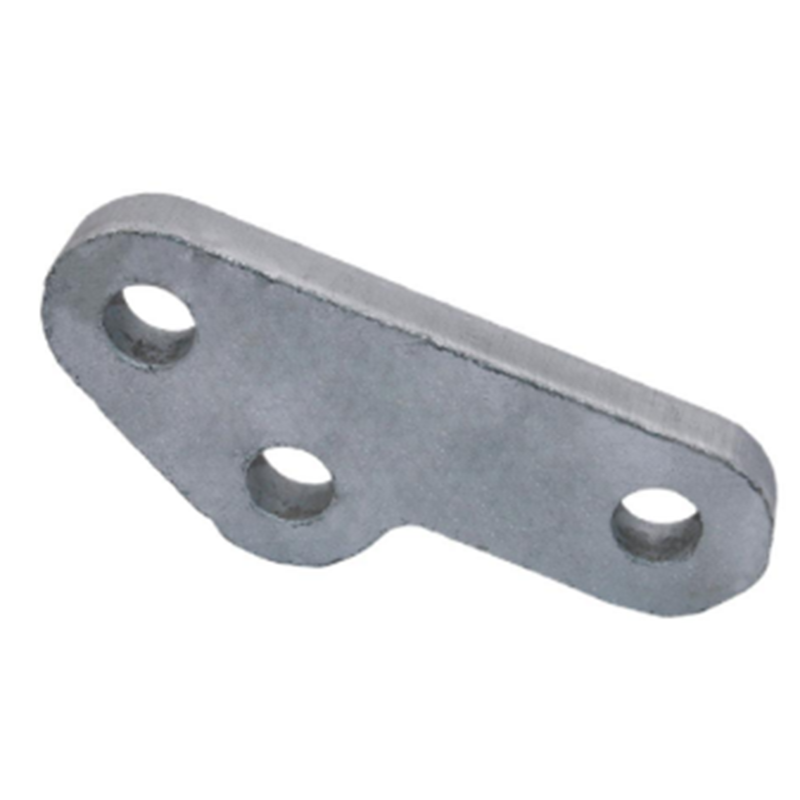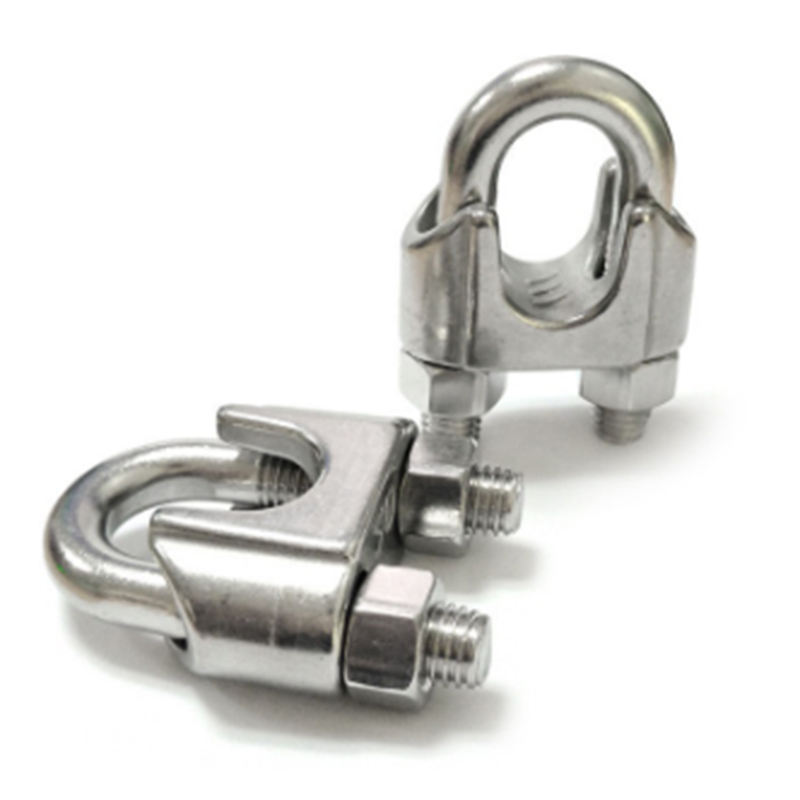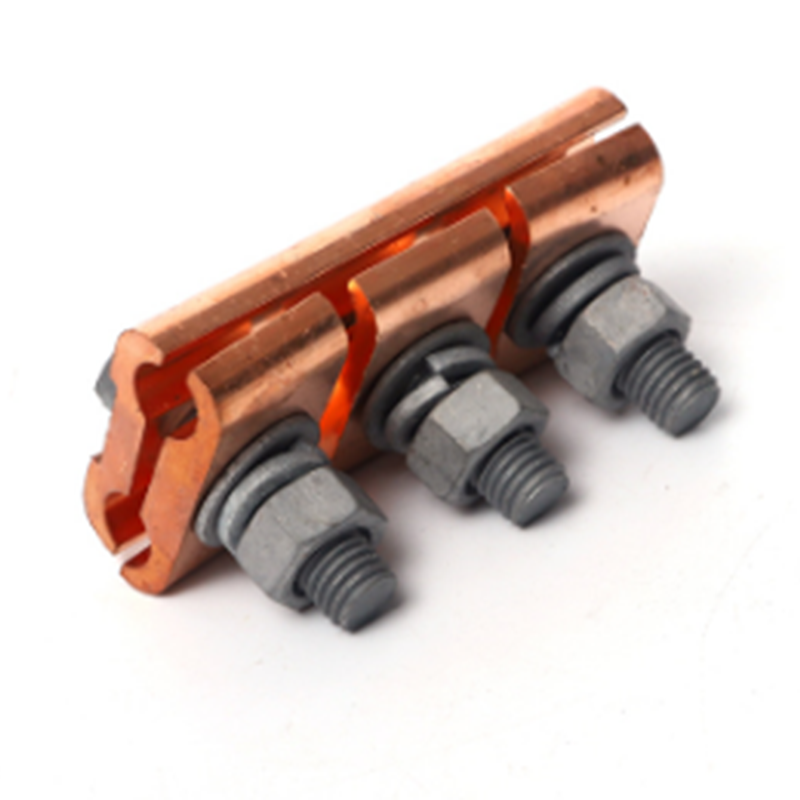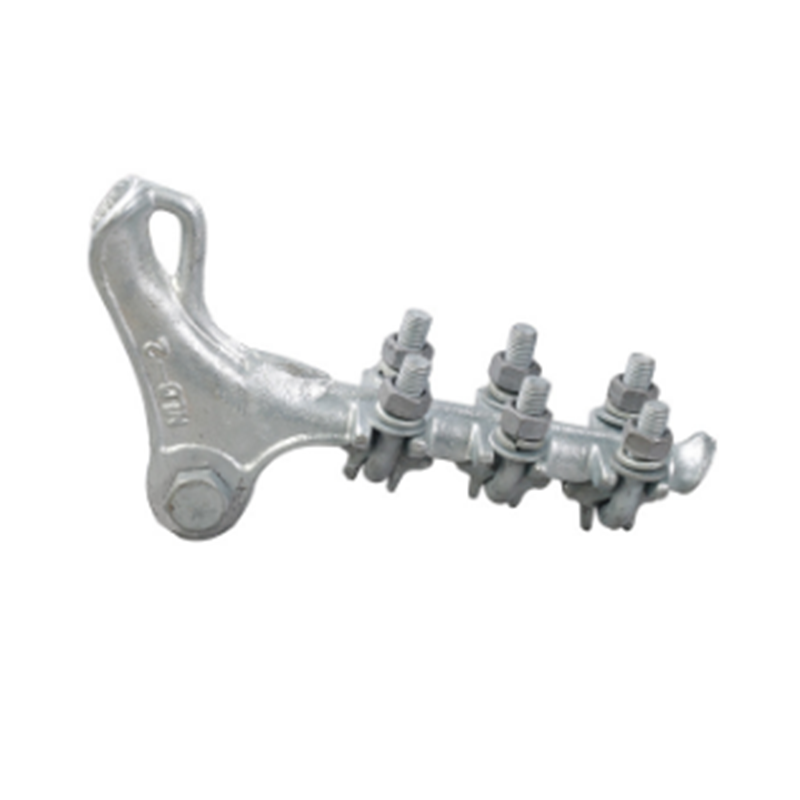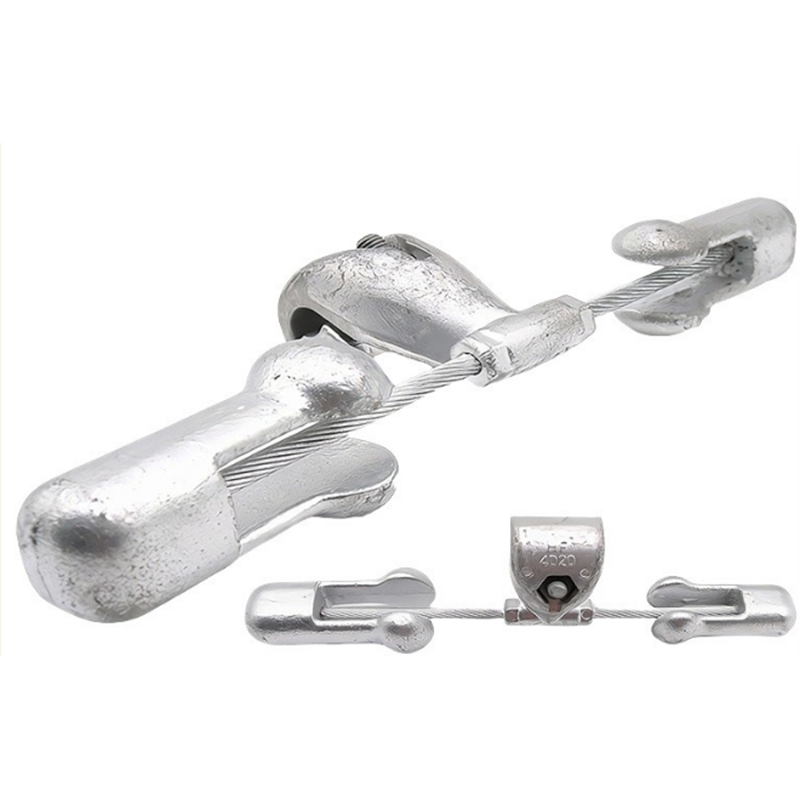- Chinese
- French
- German
- Portuguese
- Spanish
- Russian
- Japanese
- Korean
- Arabic
- Irish
- Greek
- Turkish
- Italian
- Danish
- Romanian
- Indonesian
- Czech
- Afrikaans
- Swedish
- Polish
- Basque
- Catalan
- Esperanto
- Hindi
- Lao
- Albanian
- Amharic
- Armenian
- Azerbaijani
- Belarusian
- Bengali
- Bosnian
- Bulgarian
- Cebuano
- Chichewa
- Corsican
- Croatian
- Dutch
- Estonian
- Filipino
- Finnish
- Frisian
- Galician
- Georgian
- Gujarati
- Haitian
- Hausa
- Hawaiian
- Hebrew
- Hmong
- Hungarian
- Icelandic
- Igbo
- Javanese
- Kannada
- Kazakh
- Khmer
- Kurdish
- Kyrgyz
- Latin
- Latvian
- Lithuanian
- Luxembou..
- Macedonian
- Malagasy
- Malay
- Malayalam
- Maltese
- Maori
- Marathi
- Mongolian
- Burmese
- Nepali
- Norwegian
- Pashto
- Persian
- Punjabi
- Serbian
- Sesotho
- Sinhala
- Slovak
- Slovenian
- Somali
- Samoan
- Scots Gaelic
- Shona
- Sindhi
- Sundanese
- Swahili
- Tajik
- Tamil
- Telugu
- Thai
- Ukrainian
- Urdu
- Uzbek
- Vietnamese
- Welsh
- Xhosa
- Yiddish
- Yoruba
- Zulu
- Kinyarwanda
- Tatar
- Oriya
- Turkmen
- Uyghur

Locking nut
The Intricacies of the Locking Nut: Practical Insights and Common Pitfalls
When it comes to fasteners, the locking nut often gets overshadowed by its more glamorous counterparts. However, its importance in preventing loosening due to vibration and torque can't be overstated. Here's what the industry often misses regarding these essential components.
Understanding the Basics of Locking Nuts
Locking nuts are designed to reduce loosening, usually achieved through friction or physical interference. While they seem straightforward, professionals often encounter misunderstandings. For example, assuming a single type fits all applications is a common misconception. This oversight can lead to costly malfunctions.
Let's delve into a real-world scenario. A colleague once used a nylon-insert locking nut for a high-temperature application. Predictably, the nylon melted, and the assembly failed. Understanding the material and environmental conditions is crucial for selecting the right type of locking nut.
Manufacturers like Shengfeng Hardware Fastener Factory, known for a wide range of fasteners, including locking nuts, point out the importance of matching specifications to application requirements. Their extensive catalog showcases over 100 specifications, providing options tailored to diverse needs.
Common Challenges and Solutions
One frequent issue is over-tightening. Locking nuts are often mistaken for high-strength bolts, leading users to apply excessive torque. This not only damages the nut but can also compromise the joint's integrity. Proper torque settings must always be adhered to ensure functionality.
Another challenge is corrosion resistance. In environments like coastal regions, standard steel locking nuts may corrode quickly, rendering them ineffective. A stainless-steel version, though pricier, offers a longer-lasting solution. Always consider environmental factors when choosing a locking nut.
Furthermore, even premium products must be installed correctly to deliver performance. Shengfeng Hardware Fastener Factory emphasizes adequate training on their website, sxwasher.com, offering insight into optimal installation practices for their range of fasteners.
Various Types and Their Applications
Locking nuts aren't one-size-fits-all. Options include nylon insert nuts, prevailing torque nuts, and serrated flange nuts. Each offers unique benefits and drawbacks. For example, serrated flange nuts provide excellent vibration resistance but can damage surface coatings.
This brings us to the choice of locking mechanism. It's crucial, especially in dynamic applications, to consider how each nut's locking feature interacts with the rest of the assembly. Failing to do so might lead to inefficient load distribution.
Shengfeng Hardware’s expertise in diverse applications is particularly beneficial. With their strategic location near major transport routes, detailed on their homepage, their distribution of specialized locking nuts could aid in addressing these nuanced challenges effectively.
Installation Tips for Optimal Performance
When installing a locking nut, always ensure threads are clean and undamaged. This seems basic, yet in practice, it's often overlooked. Dirty threads can lead to inaccurate tightening and eventual failure. Regular maintenance and inspections are vital.
Using washers can also protect the assembly, though choosing between flat washers and spring washers—both of which are offered by Shengfeng Hardware—must be informed by the specific application needs. A washer can distribute load and reduce wear, but only when used correctly.
Finally, never ignore feedback from field operatives. They frequently provide insights that theoretical knowledge might miss. Whether it’s the odd case of a recurring loosened joint or a novel solution emerging from an unexpected challenge, their input remains invaluable.
Evaluating Costs vs. Function
The idea that cost equates to quality is persistent yet misleading. While premium locking nuts offer enhanced features, basic variants often suffice for less demanding applications. Cost consideration should balance the specific function and required reliability.
Engaging with manufacturers like Shengfeng Hardware Fastener Factory allows access to a spectrum of options. Their pricing structure, detailed at sxwasher.com, provides a benchmark for weighing budget against necessity. They offer customized solutions, ensuring that even cost-effective models meet required service levels.
In summary, the locking nut is more than a fastening component; it's integral to the robustness and reliability of mechanical systems. By understanding its complexities and nuances, professionals can enhance operation efficiency, minimize risks, and ultimately extend the lifespan of mechanical assemblies.
Соответствующая продукция
Соответствующая продукция





